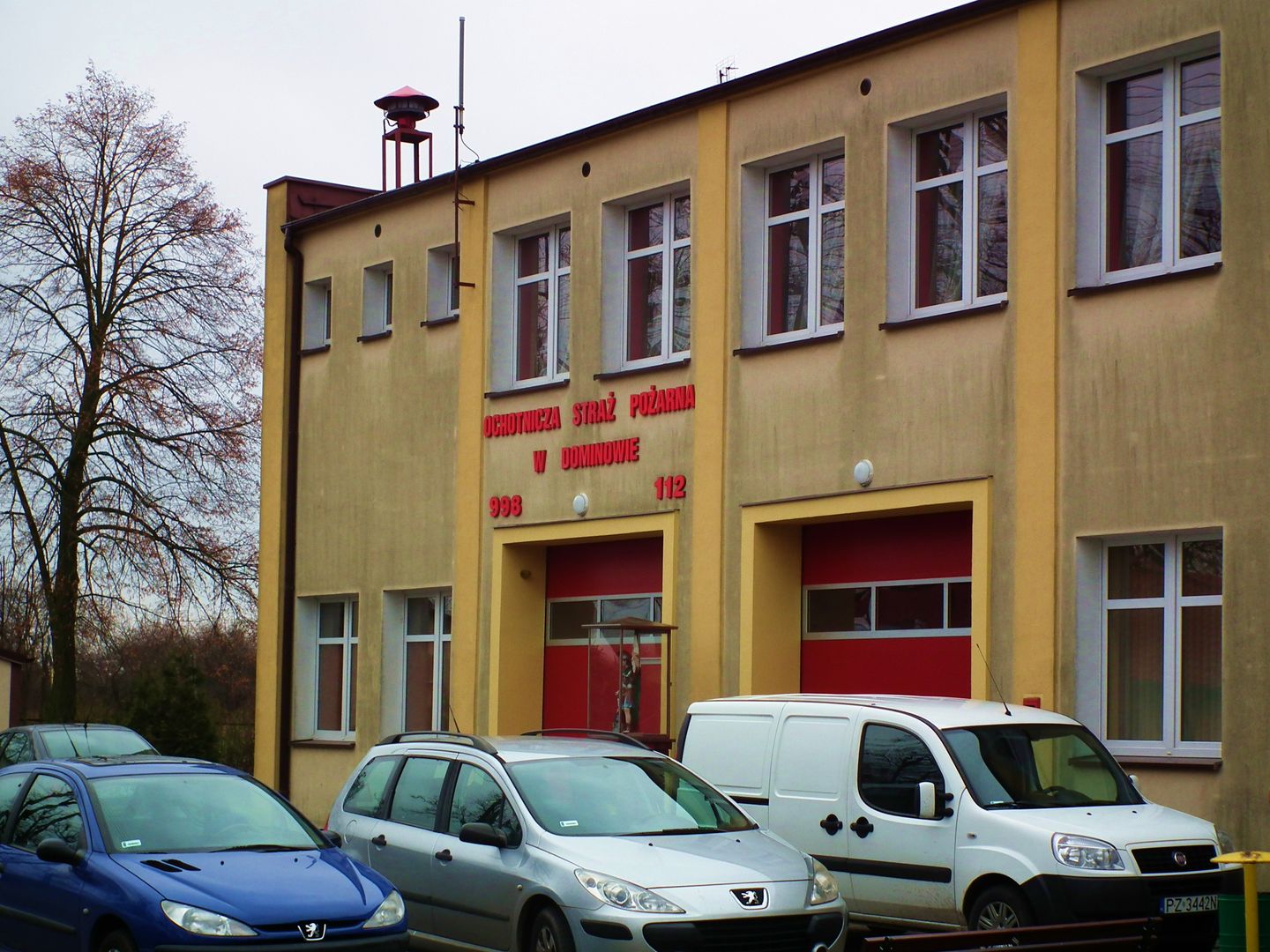Dominowo
6.43

Overview
Domino, a village in the Greater Poland Voivodeship, is the seat of a municipality with a rich history dating back to its first mention in 1402. The name of the village derives from the personal name Dumin or Dunin, and between 1505 and 1725, it was owned by the Chłapowski family. In the 19th century, the village underwent transformations related to German colonization, with Protestants becoming the dominant group. After World War I, a process of returning Polish farmers began, and the village gradually regained its national character. World War II brought tragic events, including the forced displacement of residents. After the war, thanks to the return of Poles and a resettlement campaign, the village was significantly repolonized. In the postwar years, infrastructure developed, including the construction of a Firefighters' House, a Health Center, and a gymnasium at the school. Dominowo also became the seat of a gromada (rural district) and later a municipality, contributing to the further development of local administration. The village's history is also linked to underground activities during World War II, including the operations of the Home Army. Among the monuments in Dominowo, a commemorative boulder and a statue of St. Nicholas, the patron saint of the municipality, stand out, highlighting the importance of local culture and traditions. Thus, Dominowo reflects a complex history, rich architectural heritage, and dynamic social development, making it an important location in the region.
Location
2026 Wizytor | All Rights Reserved